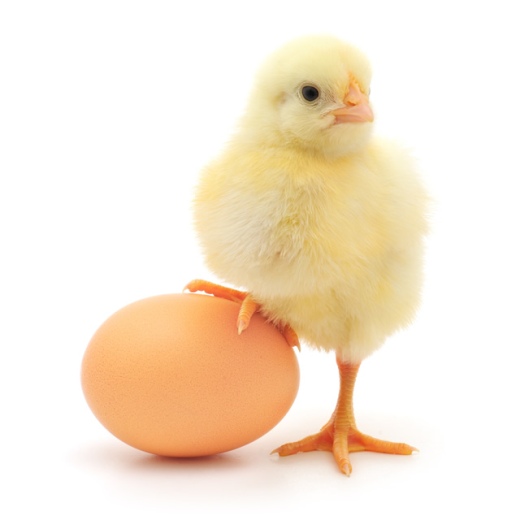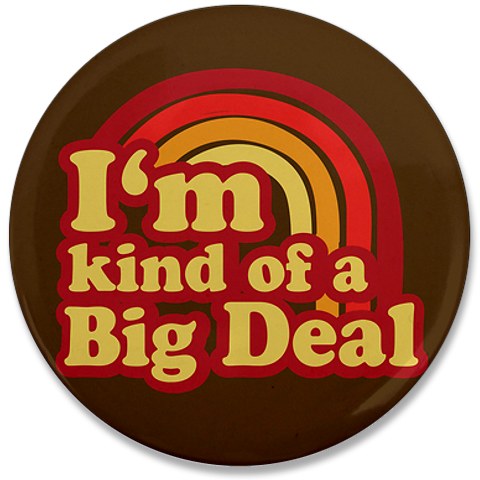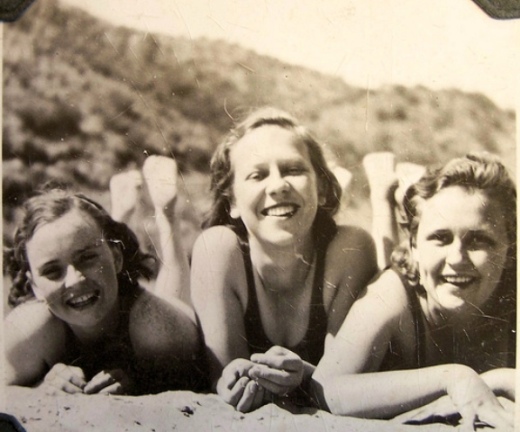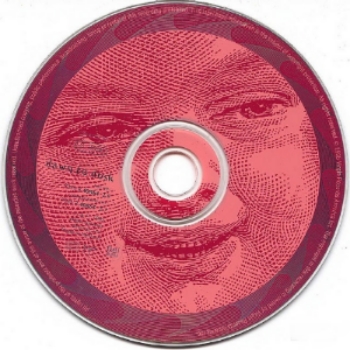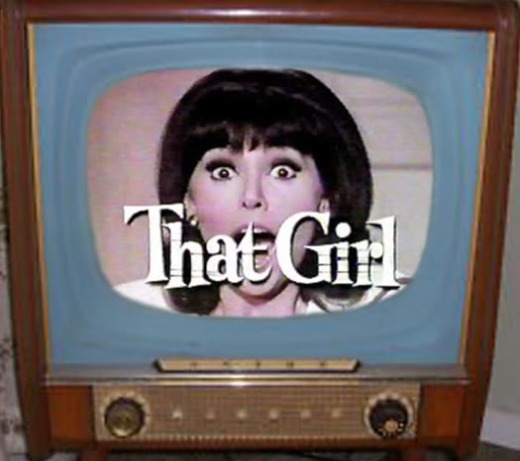
I’m getting closer to figuring out what it is about the concept of beauty in our society that has captivated my attention so intensely. I think I’m getting closer to unjumbling the plate of spaghetti that comprises my thoughts and neurosis on the subject.
My problem with beauty is that we use it as a general measure of value when it is not. It is not a general measure of value, it is a very specific measure of value that is only accurate when used in specific situations. This isn’t a new idea– it is the reason why it is appropriate to measure beauty in beauty competitions but inappropriate to use beauty to measure the value of a college applicant or a potential hire.
Although we as a society know this on paper, the use of beauty as a general measure of value is so natural to us that we continue to act in ways that betray our purported evolved thinking. It is natural to us because, although we think we know better, we have thousands of years of bad habits working against us.
The people that suffer the most at the hands of these inherited bad habits are women. Women inherited these bad habits from their ancestral fathers and they then pass them down to their own daughters, creating a cycle that is now almost a part of our DNA. Almost. That is why I think it’s important to bring it up and bring attention to it. We can’t continue to act like this is Prometheus, allowing these bad habits to poison our water and use us to engender awful monsters. We can shed some light on our harmful attitudes and mend them before we allow irreparable harm.
Here is something that happened to me today that serves as a perfect example of the problems I’m perceiving around me.
At work we are creating videos to introduce our brand to the world. The person who is in charge of representing our brand in these videos is an extremely beautiful and exotic woman in her mid 2o’s. Because she has a heavy accent when she speaks English, it was decided that she would only appear in the Spanish versions I would appear in the English ones. A conversation occurred today in which she was described as gorgeous by a co-worker. Conscious that I was in the room, the speaker quickly amended her statement to include me by saying “not that Ximena isn’t gorgeous, too.”
1. You’re gorgeous, too!
Why am I gorgeous too? Why is this a relevant comment to make? I’ll tell you why. Because if the speaker hadn’t hurried to sing my praises too then I would’ve been hurt. I would’ve sat there thinking to myself “Wait a minute, why is she the only gorgeous one? Are they saying that I’m not gorgeous too?” My self-esteem would’ve taken a hit because I am always self-conscious, insecure about my looks and competitive when it comes to other women. If I’m not told that I’m just as beautiful I will take it personally because being considered beautiful is important to me.
False.
Pampering one another with platitudes is a female specialty. Gently coddling one another’s self-esteem and petting each other’s vanities is always the response du-jour. From an early age the attitudes of other women teach us to expect this kind of attention until we think we need it. Eventually, we do need it because we never learned to create the strength within ourselves that makes the reassurances of others superfluous.
2. Fake compliments
Honestly, I don’t know how to take compliments because I’ve always perceived them as problematic. Growing up, beauty was a really big deal to my father’s side of the family. All of my aunts and my grandmother had nose jobs, all of them were obsessed with being thin, all of them were jealous and competitive and materialistic. When I was little, I always had the sense that my grandmother wanted me to be as gracious and as pleasing as Shirley Temple. As I got older, she always told me I could be a model. Later, I sensed that she discriminated against my sister because her skin is a tad darker than mine and has an unkempt style. “Ay, que linda!” “Ay, que bella!” were phrases constantly thrown around my grandmother’s house. It always made me uncomfortable and a little nauseous.
Needless to say, I grew up uncomfortable with that kind of attention. In general, I prefer to fly below the radar. When I do get a compliment, I want it to be as spontaneous and sincere as possible. And I want it to come from a relevant source– my boyfriend, for example, if he feels truly inspired to give one. Not from a colleague who is only saying it because she feels she has to. Which leads me to my third problem.
3. Work
I don’t want to sound like a fuddy-duddy stick in the mud, but issues like this are why the Human Resources department was invented. Well, not totally, but you know what I mean. And I don’t say that because of this one singular incident– this kind of stuff happens at my office all the time. It is an interesting dynamic that has created our environment: a big part of our company is comprised of good-looking young women. They are all more than capable and incredibly intelligent, so it’s great to be surrounded by them. However, we have unwittingly created a culture that highlights beauty in a way I have never seen at any other place I’ve worked. It comes up in emails and at meetings and on phone calls. We display our most beautiful member in videos and pictures on social media. Unfortunately, that means that the rest of us get the distinct pleasure of getting plenty of “you’re gorgeous too” comments. It would be a nightmare if it weren’t for the fact that I am like a pig in mud analyzing and over-analyzing all of it.
Disregarding my intellectual stake in the matter, the truth is that there is a reason the modern work environment has evolved to uphold strict policies on what is proper and what is not. There is a reason we have separated business and pleasure. There is a reason business suits and dress codes are a thing. It is because it is important to create an environment where the job can get done with as little human messiness as possible. All employees should feel comfortable and confident that they will get the correct kind of attention in an office. Unless you’re a modeling agency, creating a culture that heightens the value of beauty is not conducive to an overall sense of confidence and comfort.
4. Sexism
You can bet your last dollar on the fact that if we were all men, no one would ever utter the phrase “you’re gorgeous, too.”
When we first started working on the video in question and we were trying to find the correct lighting and background, I expressed dissatisfaction with how I looked in the first take. What I meant was that the lighting looked pretty bad and we were going to have to find other options. However, a different co-worker jumped in to reassure me that my face is beautiful and that I’m beautiful in the video. Without even having seen the footage.
If we had both been men I guarantee that the response would’ve been different. Maybe I would’ve been asked what was wrong with the take, or they would’ve asked to see it, or maybe I would’ve gotten a shrug. The co-worker that responded this way was female, which takes me back to my first problem. But the sexist attitude remains in the fact that beauty is only considered a measure of value and directly related to self-worth when it comes to women. In this instance it’s worse because it shows how women apply sexist attitudes to other women under the guise of support and camaraderie.
